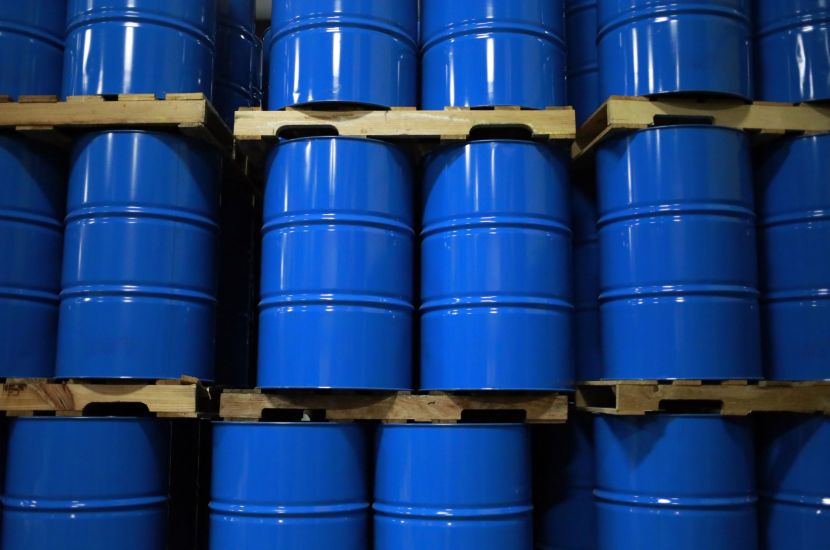The government agreed Egyptian Last December, the finance and oil ministries hedged against the risks of rising oil prices the oil globally, according to two government sources who spoke to Al-Sharq.
Egypt’s quest to hedge against the risks of rising oil prices comes after prices experienced severe volatility in 2022, as they rose due to supply shortages in light of the war in Ukraine, and then fell to due to weak demand from China, the world’s largest importer of crude oil, and fears of an economic contraction, but closed the year on Friday with an annual gain for the second straight year.
Brent crude was up in the final trading sessions of the year last Friday, 3%, to $85.91 a barrel, and for the full year Brent was up about 10%, after jumping 50% in 2021.
One of the two sources, who spoke to Al-Sharq on the condition that their names would not be published, said that “Egypt’s Ministry of Oil and Finance is waiting for the right moment to contract and implement cover operations”.
The price of a barrel of oil in Egypt’s budget for the current fiscal year 2022-2023 is around $80.
Egypt adopts a price of $80 per barrel of oil in its new budget
Fuel subsidies in Egypt have increased in 3 months by 350% to £31bn
The volume of oil subsidies in Egypt rose to £31 billion during the first quarter of the 2022-2023 fiscal year, due to rising global oil prices, up from £6.9 billion a year ago, which corresponds to an increase of around £350 billion. %.
The fuel subsidy account in Egypt’s final budget account for the 2021-2022 fiscal year amounted to £59 billion, an increase of 212% from the 2020-2021 fiscal year, which recorded 18, 9 billion pounds.
Egypt consumes about 12 million tons of diesel and about 6.7 million tons of gasoline annually. The Egyptian government has aimed not to exceed subsidies for petroleum products in its budget for the current fiscal year 2022-2023, amounting to £28 billion.


